Join getAbstract to access the summary!

Join getAbstract to access the summary!
Roger Bean and Russell Radford
The Business of Innovation
Managing the Corporate Imagination for Maximum Results
AMACOM, 2001
What's inside?
Innovation might be a spontaneous spark of brilliance — or it just might be something you can manage, nurture and guide.
Recommendation
Roger Bean and Russell Radford examine the history of innovation for ways that your organization can innovate continually. They ask why companies successfully innovate for a while and then lose steam. Their answer is a new organization-wide system that prioritizes innovation, management and strategy. This fairly academic structure - more like a proposal than a working process - encourages building systemic promotion of continual innovation by creating an environment that values, nurtures and encourages it, cascading from the executive to the managerial to the operational team level. However, toward the end of the book, the authors refer to using a Balanced Scorecard for assessing performance from a total quality perspective. That approach bypasses the inspirational, charismatic form of innovation and cuts right to the process, like an accountant or an engineer’s model of innovation. Thus, if you are process-savvy but hesitant about new ideas, getAbstract.com suggests that this might just be the innovation book for you: lots of system, not much flash.
Summary
About the Authors
Roger Bean and Russell Radford, Ph.D., are principals in the consulting firm Bean, Radford & Associates and co-authors of Powerful Products. Radford teaches at Cardean University and both live in Michigan.









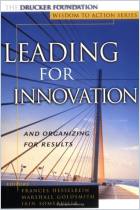
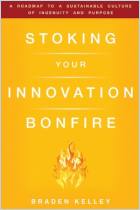
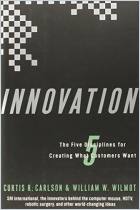
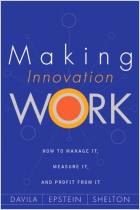
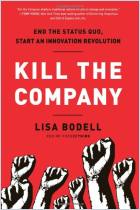




Comment on this summary